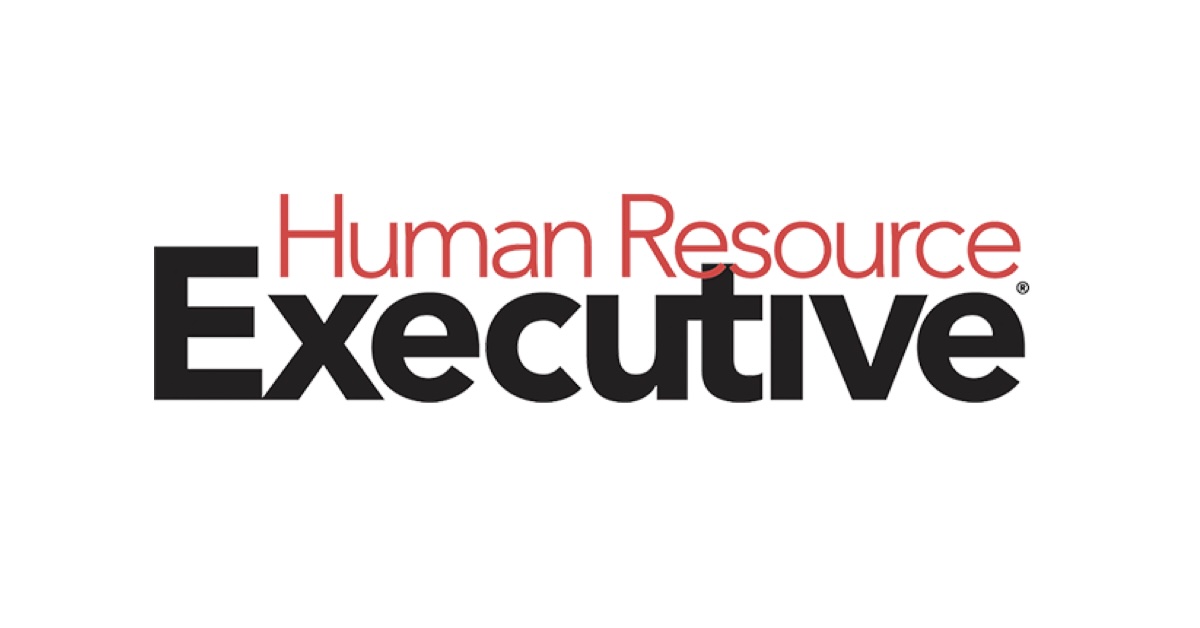“To have the leading organization in HR come out and take a stance on it was sort of out of nowhere and not what we would’ve expected,” Muller said. “To me, SHRM just hit the rewind button.”
The HR association believes it must prioritize inclusion and diversity because they are concepts that people “inherently, deeply understand,” Jim Link told HR Dive.
The Society for Human Resource Management dropped the “E” that stands for equity from its diversity, equity and inclusion policy platform to “hyperfocus on the things that people understand” rather than issue a broader statement on the meaning of equity — a conversation that SHRM views as a “distraction” from DEI work more generally, CHRO Jim Link told HR Dive Thursday.
“Because there’s so much lack of certainty around the definition of what equity means, that means it’s a distraction,” Link said. “That means we have to focus our efforts on places where there is less distraction.”
SHRM announced the change on July 9 via a LinkedIn post in which the organization said that, while “our commitment to advancing Equity remains steadfast,” equity would instead be placed under SHRM’s inclusion framework. It called for an inclusion-first approach “to address the current shortcomings of DE&I programs, which have led to societal backlash and increasing polarization.”
During his conversation with HR Dive, Link contrasted equity with diversity and inclusion, two concepts that he said “people inherently, deeply understand.” He said SHRM arrived at this conclusion after speaking with employees nationwide; the organization said in an email that this took the form of a “rapid response survey of 400 working Americans” conducted in August 2023. Data from the survey is not public and SHRM declined to share it with HR Dive.
“Employees and leaders can always describe an inclusive culture,” Link said. “They can tell you that and give you words, phrases, knowledge and examples of being included everyday. The same employees and leaders can tell you — and very accurately determine if — they work in a diverse culture.”
Link added that while those who spoke with SHRM identified certain aspects of equity that were important to them, such as fairness, equal opportunity and fair treatment, “nowhere do people tell me that equity is what they’re striving for.”
Link said that a lack of agreement on equity is what SHRM seeks to avoid as it plots a new course on DEI work. Part of the problem with equity, he continued, is that it is not always clear whether leaders are referring to the same kind of equity, be it pay equity, economic equity, gender equity or some other form.
But SHRM believes that equity “is still a vitally important part of the overall way that we think about inclusion,” per Link.
“The clarity that we need to establish is around diversity and inclusion,” Link said. “If we can get that right, inevitably equity will follow.”
An effort to respond to backlash, sparks backlash
SHRM’s decision has not happened in a vacuum. In the last month alone, organizations including Deere, Tractor Supply and Microsoft have announced either partial or total reductions to DEI programs and teams. Those announcements follow years of anti-DEI backlash that has taken the form of consumer boycotts, lawsuits against organizations filed by advocacy groups and a handful of state and local laws targeting employer DEI initiatives.
It is a “delicate and uncomfortable environment,” as acknowledged by panelists at one session during SHRM’s own annual conference in Chicago last month. That is what makes SHRM’s announcement all the more surprising, said Deb Muller, an HR consultant and CEO of HR Acuity, a software firm.
“To have the leading organization in HR come out and take a stance on it was sort of out of nowhere and not what we would’ve expected,” Muller said. “To me, SHRM just hit the rewind button.”
Other consultants, like Living Corporate CEO and founder Zach Nunn, take a different view of SHRM’s role and are less shocked by the result.
“It depends on how you see SHRM,” Nunn said. “I see SHRM as almost like the police of corporate America — the hands of the state, not as an objective, neutral party or one that’s focused on prioritizing employees. They operate on behalf of the executive leadership class.”
Both Muller and Nunn said they hope that DEI professionals will keep a focus on equity despite industry debate on the term’s meaning and role in HR. Muller said that work includes initiatives such as providing employees adaptive equipment or removing unnecessary criteria from job descriptions.
“I hope that companies refuse to abandon their commitment to equity,” she added.
A June report by executive search firm Bridge Partners found that the majority of C-suite and HR leaders said their organizations would increase their commitment to DEI initiatives over the next two years, with only 4% planning to cut back on or eliminate DEI programs.
Nunn said organizations can be diverse and inclusive without necessarily being equitable. For example, employees still might not feel supported by management or may lose out on opportunities for development and promotion even when their workplaces might otherwise be considered diverse and inclusive.
“If you’re sharing equity, you’re sharing power,” Nunn said. “You can be diverse and you can be inclusive, but when you’re equitable, it means you’re sharing power.”
‘We have to get this right’
Link said he and SHRM deny that the decision to deemphasize equity is tied to any specific event or moment in HR, politics or elsewhere, but he noted that “the body of evidence leading forward is that what we were doing previously is not working” when it comes to DEI and that a new approach is needed.
“As a leading business association, we have a choice to make,” Link said, “The timing is because of the importance of this topic and that, as we move forward as a society and as businesses, we have to get this right.”
Asked whether SHRM had considered reversing course on its decision, Link said that the organization would not do so because “that would be a step in the wrong direction.” However, he said he did not rule out the possibility that equity would return to its former place in the organization’s platform and would be willing to revisit policy positions, those on equity included, in the future.
“Let’s not get lost in an argument over a letter of the alphabet,” Link said. “Instead, let’s focus on what matters to employees — and that is inclusion and diversity.”




